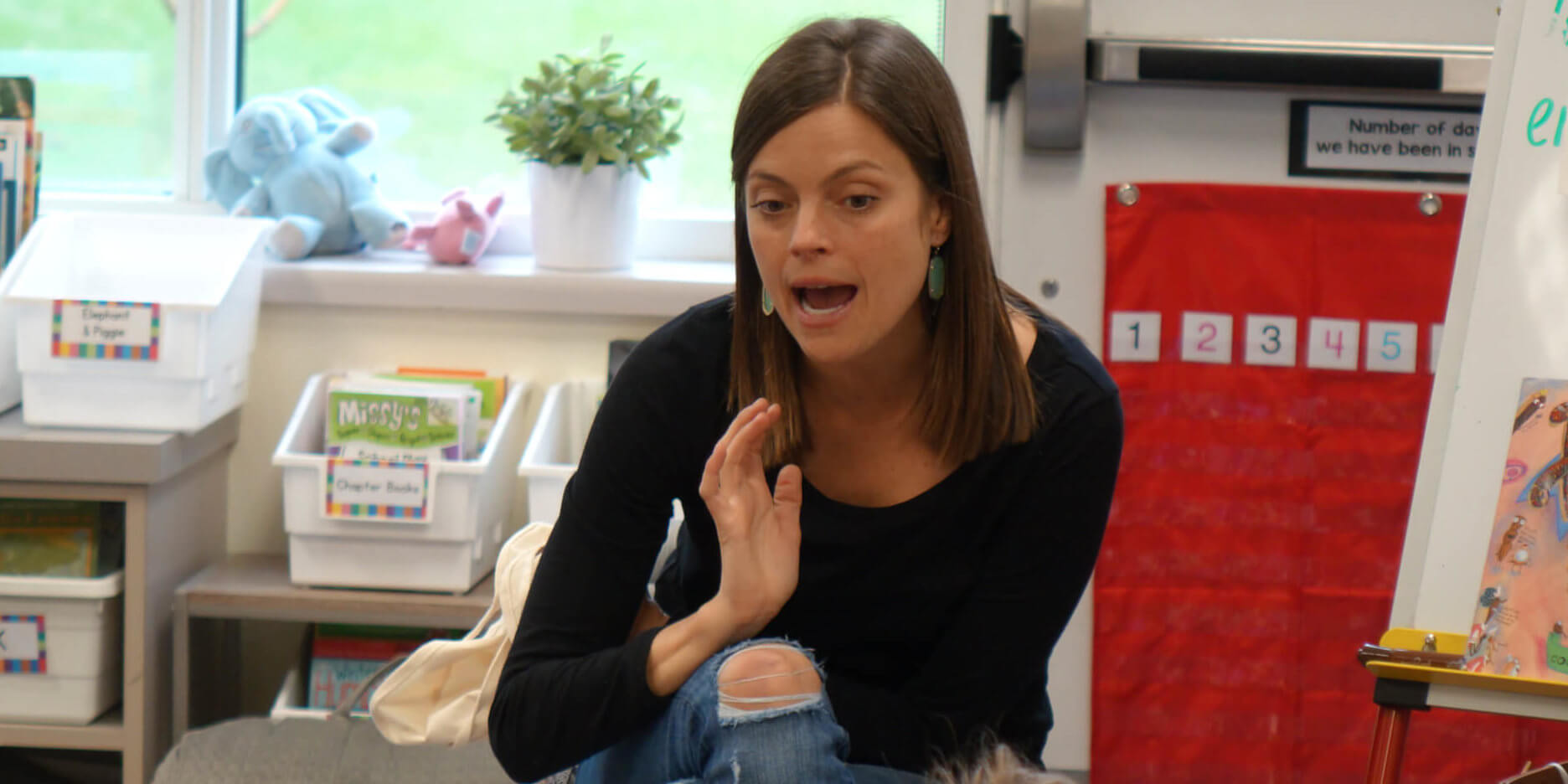Elon Musk has had a hard week. He has to pay a $20 million fine to the SEC and step down as chairman of his company. That can happen when you are public figure facing incredible scrutiny. I don’t mean to pile on, but I’ve been thinking about what constitutes an “expert.”
This summer, Musk offered his “expertise” to help rescue the young boys stuck in a Thai cave. As a caver who has spent some time in water caves, I almost laughed at the absurdity of the prospect of using a submarine to get through the tight, muddy, meandering passageways of a cave. His idea came from a good place though, as he wanted to help save lives. The true “experts” wisely waved the idea off.
The same has not been true with other so-called experts from the tech world who have launched various initiatives to help solve major world problems. The promise of technology has fueled a belief that the same things that have led to success in Silicon Valley can translate to other areas.
Another great example of a fail was the Bill and Melinda Gates Foundation’s effort to improve teacher effectiveness and general attempts at educational reform. I give them a LOT of credit for trying to use their resources to make a difference in the world. I have seen different numbers quoted in different articles, but an LA Times op-ed notes the Gates Foundation has donated $3 billion for education since 1999 on initiatives like trying to make schools smaller, improving Common Core, and improving teacher effectiveness.
We know the American educational system is largely broken. It is underfunded. It is a field that, as a whole, is not drawing in America’s best and brightest to the profession. (Although a conversation with any teacher at CA will make you appreciate the quality educators we have at CA.) The intent of the Gates Foundation is great, but as a RAND study demonstrated about the most recent Gates-funded teacher-effectiveness program: “Overall…the initiative did not achieve its goals for student achievement or graduation, particularly for LIM [low-income minority] students.”
This same program focused on teacher evaluation and recruitment. The programs focused on metrics and tying teacher performance to student test scores. That significantly undermined teacher morale and created political challenges. Some have noted that it drove good teachers from the profession and failed to attract new ones. The Gates Foundation has been able to admit its efforts haven’t worked. As one official notes: “This has been a challenging lesson for us to absorb, but we take it to heart. The mission of improving education in America is both vast and complicated, and the Gates Foundation doesn’t have all the answers.” Again, they deserve credit for trying and acknowledging the tremendous challenges. Where some tech giants have shown arrogance, the Gates Foundation has shown some humility.
I don’t write this to be critical of those who try to make changes, but it is important to find and listen to the true experts. We are about to have parent/teacher conferences, and it is a time for all of us to listen.
Parents will get to know their child’s teachers. These are great exchanges between two “experts.” We are a school of teachers with over 1,000 years of collective experience, plus decades of our own institutional philosophy, traditions, and practice. At the same time, we have a faculty with a growth mindset, who innovates and responds to the latest research. Our teachers are amazing, and I, as a parent of two recent graduates, are grateful for their expertise. Parents come with their own expertise; they know their kids. The challenge for any parent is that children behave differently at home than they do at school. But a parent’s knowledge and insight can be really helpful.
Parent conferences can also go wrong. It isn’t often, but it can happen. A great article I encourage you to read is Michael Thompson’s “The Fear Equation.”
Thompson, a renowned child psychologist who has spoken at CA, talks about the the assumptions, biases, and fears that parents and teachers bring to a conference. It’s a fun read and gives both educators and teachers insight into our collective work. I often speak about how the parent-school relationship is one of an alliance. We work together for a shared goal: the creation of an independent, critical-thinking adult. We can best support young people when we listen and support each other.
I hope you have fun and shed any fear or apprehension going into conferences. As a parent with two kids in college, I no longer get that opportunity. It is incredibly valuable to hear from great teachers how your child is faring. I would encourage you to welcome the so-called “bad news” with the good. Now is the time when kids can make mistakes and work to improve. We want each child to achieve their full potential.
